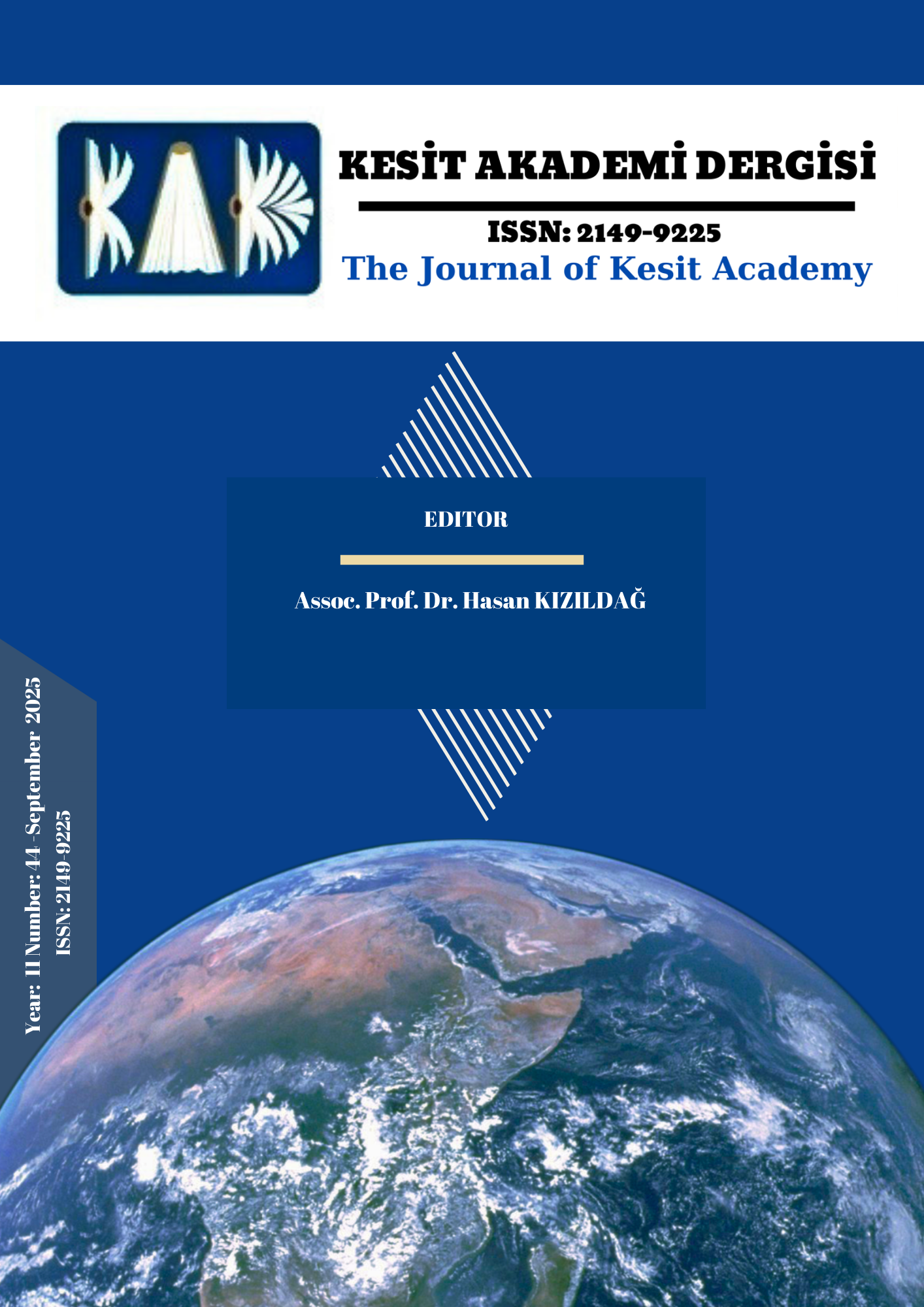Author :
Abstract
Aiskhylos’un Zincire Vurulmuş Prometheus tragedyası, mitolojik bir anlatının ötesinde, iktidarın tahakküm stratejilerinin nasıl sahnelendiğine dair politik bir metindir. Tragedyada, Zeus’un, Prometheus’a uyguladığı ceza, yalnızca bir tanrının isyanının bedeli değil, iktidarın korku, şiddet ve söylemsel kontrol yoluyla toplumu biçimlendirme yöntemidir. Tragedyanın işlevi, Aristoteles’in katharsis (arındırma) kavramıyla sınırlı değildir. Seyirci, Prometheus’un çilesine acırken, aynı zamanda itaatin kaçınılmazlığını içselleştirir. Koro’nun uyarıları, toplumun iktidar söylemini nasıl yeniden ürettiğini ortaya koyar. İktidar, hakikati tanımlayarak direnişi akıldışı olarak adlandırır. Antik Atina’da tiyatro, khoregia sistemi gibi yapılarla iktidarın kültürel hegemonyasını pekiştirir. Sponsorlar (khoregoslar), sanatı finanse ederken aynı zamanda iktidarın ideolojisini yayar. Prometheus’un ateşi çalması, bilginin iktidar tekelinden sızdırılmasıdır ancak cezası, direnişin bedelini gösterir. Prometheus’un zincirleri, sadece bedeni değil, hakikatin özgürleşme potansiyelini de esir alır. Tragedyanın sahnesi, iktidarın korku yapıtaşlarının bir tahakküm alanı gibidir. Zeus’un öfkesi, modern devletin disiplin mekanizmalarının bir örneğini sergiler. Otorite, toplumu çeşitli araçlarla güdüleyerek tahakküm altına alır. Bu tahakküm biçimleri bazen gözle görülmez ve oldukça yumuşaktır. Ancak bazen de tahakküm kırbacı oldukça sert olur ve toplumun düşünsel yapısını ele geçirirken aynı zamanda bedenine de hükmeder. Korku ve acı beraberinde bütüncül bir tahakküm aracına dönüşebilir. Modern otoriter rejimlerde de benzer uygulamalar işler. İktidar, sanatı araçsallaştırarak korku ve itaati yeniden üretir. Zincire Vurulmuş Prometheus, bu sürecin antik bir prototipidir. Çalışma, tragedyayı salt bir sanat formu olarak değil, iktidarın tahakkümünü meşrulaştıran bir enstrüman olarak okumanın gerekliliğini vurgular.
Keywords
Abstract
Aeschylus's tragedy, Prometheus Bound, is beyond a mythological narrative and a political text about how power's methods of domination are staged. In the tragedy, Zeus's punishment of Prometheus is not merely the price of a god's rebellion, but also the power's way of shaping escapes through fear, violence, and violent control. The function of tragedy is not limited to Aristotle's term catharsis (purification). While the audience sympathizes with Prometheus's suffering, they also internalize the inevitability of obedience. The chorus's warnings reveal how power is reconstituted within society. By defining truth, power labels resistance as irrational. In ancient Athens, theater reinforced the power's cultural hegemony through structures like the horegy system. Sponsors (khoregos) financed the arts while simultaneously disseminating the power's ideology. Prometheus's life is the exile of advanced power from its monopoly, but punishment demonstrates the price of resistance. Prometheus's chains enslave not only the objective but also the liberating potential of truth. The scene of tragedy is like a field of domination by the building blocks of power's fear. Zeus's wrath exemplifies the discipline of modern regimes. Authority directs various tools, taking on the name of domination. These forms of domination are usually invisible and quite gentle. However, sometimes the whip of domination is quite harsh, capable of perpetuating society's thought while simultaneously dominating the governed. Fear and pain can become a comprehensive tool of domination. Similar practices are employed in modern authoritarian regimes. Power instrumentalizes art, reproducing fear and obedience. Prometheus Bound is an ancient prototype of this process. The work emphasizes the necessity of understanding tragedy not as a mere artistic formula, but as an instrument that legitimizes the domination of power.





